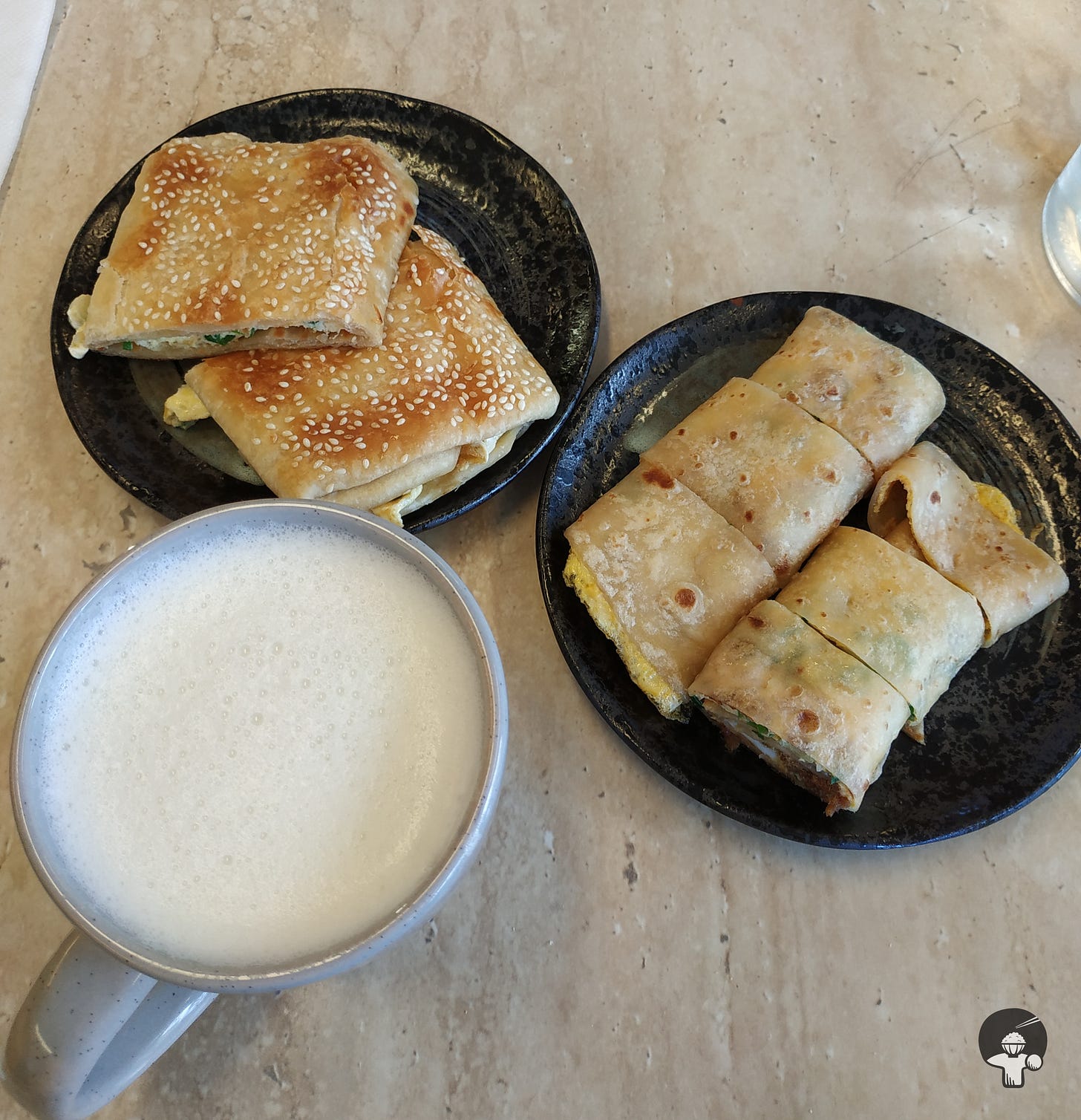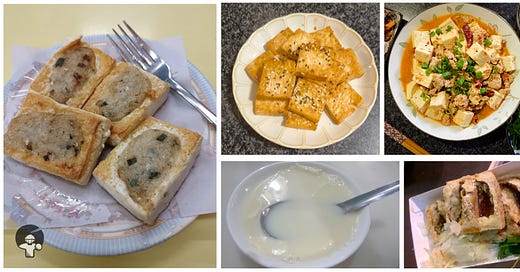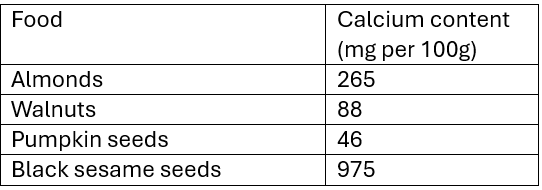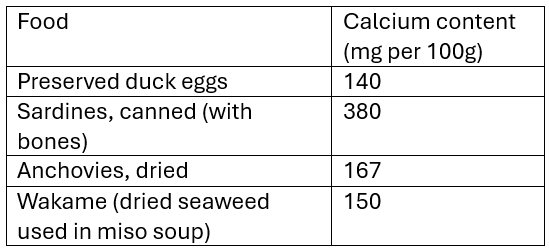In Part 1 of this Calcium series, I shared a little history behind why a large number of Asians are lactose intolerant. Catch up on Part 1 here if you missed it.
For Part 2, I’m going to shine my softbox on calcium and why it, along with Vitamin D, are so integral to bone health for you as athletes.
A bit about calcium
Calcium is a mineral found mostly in our bones and teeth, with 1% circulating around in the body. We’ve already established that calcium is important for strong bones. But did you know it also helps our muscles contract, carries nerve signals through the body, and regulates heart rhythm too? Pretty important functions.
Your body manages the balance of calcium in the cells pretty precisely. Ideally, it prefers to take calcium absorbed from food to maintain this balance. The problem arises when you’re not eating enough calcium-rich foods, because it turns to the calcium reserves from your bones to continue maintaining the balance. Over time, your bones become weaker, less dense and prone to fractures.
Osteopenia is the medical term for bone density that is lower than normal - i.e. low bone mineral density, characterised by weak bones. If left unmanaged, it could lead to osteoporosis, where bone structure changes to become more hollow, brittle and very prone to fracturing.

Where does Vitamin D fit in?
Calcium also relies on its close friend Vitamin D to facilitate building strong bones. That’s because Vitamin D is the gatekeeper for absorbing calcium into the body. When Vitamin D levels are within ideal range (50-75nmol/l), sufficient amounts (not all) of calcium is absorbed from food. When your Vitamin D is low, like in winter, this process becomes impaired.
You might be thinking:
“But my sport is non-contact, there’s not much impact on my bones to cause fracture risk”
Indeed, sports like basketball, wheelchair rugby, taekwondo or cycling are higher risk for bone fractures from contact or falls; but rowers, table tennis players, badminton players, swimmers and runners are prone to stress fractures too.
This normally comes from overtraining and unintentionally under-eating (i.e. simply unaware of the sheer amount of energy your body is expending for training and therefore not knowing how much you actually need to eat), or intentionally under-eating while overtraining to lose weight. Coupled with low Vitamin D levels and minimal calcium-rich foods in your diet, this creates the perfect storm for a stress fracture.
While injuries are unavoidable in sport, fractures mean that you could be spending a minimum of 6 weeks away from full training or missing competition while your bones heal.
Anyway, you can begin to see why calcium and Vitamin D are so important for your bones and wellbeing as athletes.
How much calcium do I need?
Males (12-18 years) - 1300mg
(19-70 years) - 1000mg
(>70 years) - 1300mg
Females (12-18 years) - 1300mg
(19-50 years) - 1000mg
(>50 years) - 1300mg
To give you an idea, here’s how much calcium you get from dairy foods:
Which Asian foods provide calcium?
Soy and soy products
Vegetables - values represent cooked form
Nuts and Seeds
Others
Any of the above foods surprise you?
It’s a strength of the Asian diet already having a variety of everyday calcium food sources. So chances are, you may already be eating some or all of these foods!
Final thoughts: Which of these applies to you?
I’m not lactose intolerant and I like dairy
Great! Keep eating it. Calcium aside, let’s not forget it’s great for muscle recovery post-training too. Combine this with the non-dairy food sources above - it’s familiar and what you may already be doing.
I’m lactose intolerant
Focus on getting calcium from the foods in the above tables, especially from tofu and sardines (if that’s your thing). Don’t forget those Asian leafy greens, nuts and seeds!
You may still be able to have small amounts of dairy spread out, trial small amounts to find your sweet spot. Yoghurts and hard cheeses may be easier to tolerate
Try lactose-free varieties of milk or calcium-fortified soy milk
Now you’re probably wondering - is there a recipe on the way? A tofu recipe perhaps?
I wouldn’t miss the opportunity to showcase this versatile ingredient. In the meantime, here’s a little tofu teaser!

What’s your favourite tofu dish? Share it below =)








